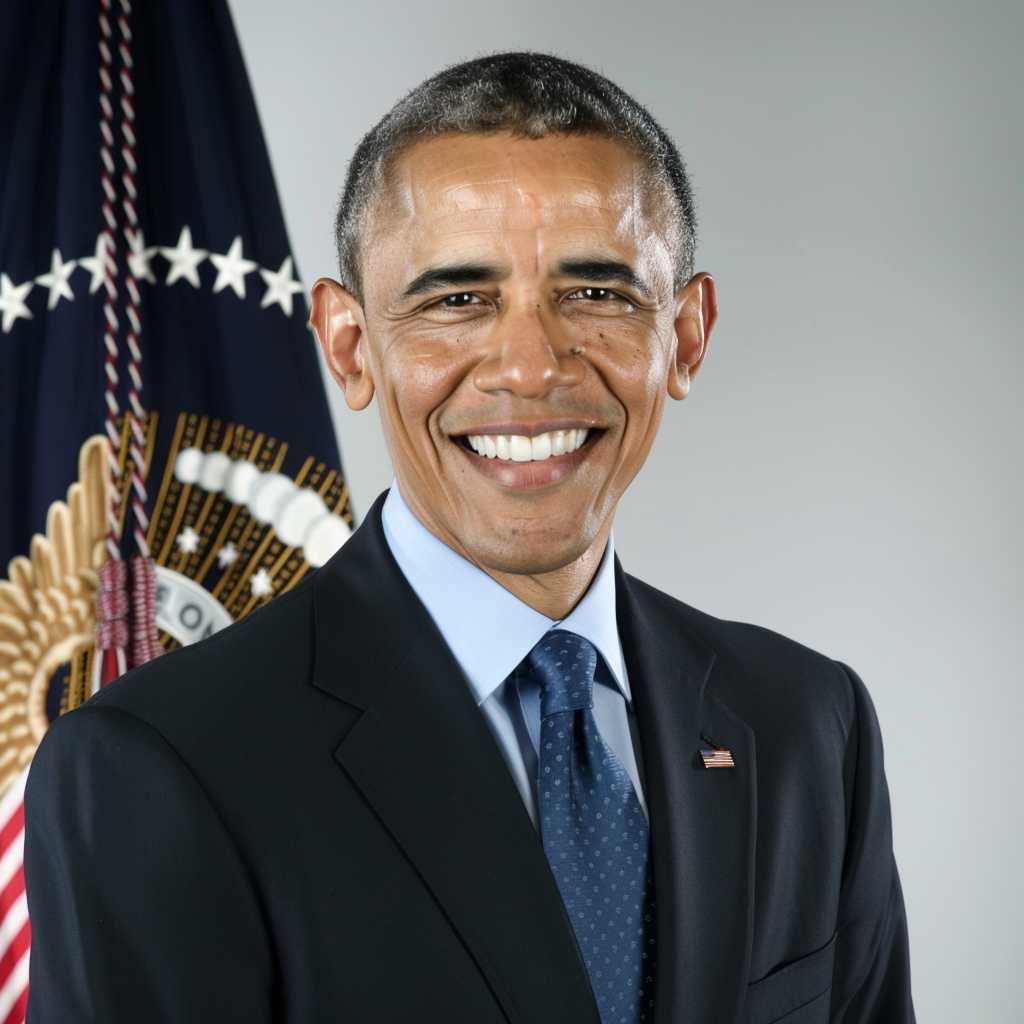The Life and Legacy of Barack Obama: A Comprehensive Overview
Barack Hussein Obama II, the 44th President of the United States, is an iconic figure in American and global politics. As the first African American to hold the nation’s highest office, his presidency marked a historical moment in U.S. history. From early life struggles to his ascent onto the global political stage, Obama’s journey is defined by perseverance, hope, and a commitment to progressive change.
Early Years and Education: The Formative Journey of a Future President
Obama’s life story resonates with themes of diversity and the search for identity. He was born on August 4, 1961, in Honolulu, Hawaii, to Barack Obama Sr., a Kenyan economic analyst and government official, and Stanley Ann Dunham, an American anthropologist with roots in Kansas. His multinational background defined his early understanding of diverse cultures.
Growing up, he lived in both Hawaii and Indonesia, grappling with the complexities of his mixed heritage. Obama’s mother emphasized the importance of education early on. As a student, Barack exhibited intelligence and charisma that would later underline his political career. He completed high school in Honolulu before moving to Los Angeles, then transferred to Columbia University in New York City, where he earned his Bachelor’s degree in Political Science with a specialization in International Relations.
Rise to Political Prominence: Early Career and Entry into Politics
Before his venture into politics, Obama spent time as a community organizer in Chicago. This experience was foundational to his later pursuits as it kept him grounded in grassroots activism and public service. He later pursued a law degree at Harvard, where he would become the first black president of the prestigious Harvard Law Review.
His legal career began upon graduation when he returned to Chicago to practice as a civil rights attorney. In 1996, he was elected to the Illinois State Senate where he served for three consecutive terms. Here he worked on legislation that reformed ethics standards, health care laws, and early childhood education programs.
Seeking broader influence for positive change, Obama ran for United States Senate in 2004. His resounding victory was aided by his keynote address at the Democratic National Convention that year—a speech rich with oratory excellence which introduced him to the national political landscape.
The Presidency: Milestones and Challenges
On November 4, 2008, Barack Obama was elected as the President of the United States making history as the first African American to take office on January 20, 2009. His presidency focused on several key issues ranging from health care reform with the Affordable Care Act—commonly known as “Obamacare”—to foreign policy including ending combat operations in Iraq.
Domestically, Obama faced considerable challenges including navigating through the recovery of the Great Recession. His administration implemented the American Recovery and Reinvestment Act to stimulate economic growth. Aligning with his vision for environmental sustainability, strides were made towards federal support for renewable energy development and reduction of carbon emissions through the Clean Power Plan.
On a global scale, Obama oversaw military operations leading to the elimination of Osama bin Laden and engaged in aggressive counterterrorism strategies. Diplomatically, he took significant steps such as normalizing relations with Cuba and executing a landmark nuclear deal with Iran.
Cultural Impact: Representation Matters
Obama’s presidency brought cultural shifts within America and made profound impacts on societal conversations about race. Representation matters were deeply rooted in his election – through both symbolic leadership as well as policy efforts such as creating My Brother’s Keeper Initiative aimed at addressing opportunity gaps faced by young minorities.
Post-Presidency: Continued Influence and Public Engagement
After concluding two successful terms as president, Obama has remained active in domestic politics and global initiatives. He has engaged with young leaders around the world through The Obama Foundation and continued advocating for civic engagement.
In addition, both Barack and Michelle Obama have signed publication deals for their memoirs, continuing to contribute to literary discussions around politics and society while maintaining a strong presence through speaking engagements and social media channels.
